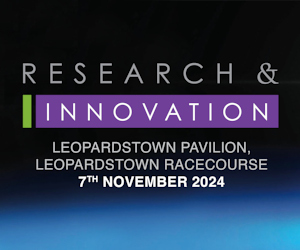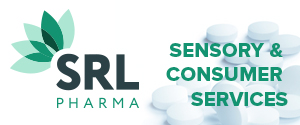Researchers Looking at Properties of Seaweed in Fight Against Diseases

Researchers from Wales are looking into the effects of seaweed in fighting diseases, including therapies for conditions such as cystic fibrosis.
Experts from both Cardiff and Swansea Universities are part of a £5.4m research programme looking at seaweed compounds in the fight against infection, including clinical trials for new inhalation therapies in lung disease.
The four-year programme, awarded by the Norwegian Research Council, is seeing researchers use new methods to synthesise and test alginate molecules (components of seaweed) to design a new generation of drug compounds capable of improving the effectiveness of antibiotics.
Studies have shown that these seaweed compounds are capable of tackling multi-drug resistant infections and can change the physical structure of sputum (phlegm) in patients.
Using this knowledge, scientists have developed a new inhalation therapy that is being tested on patients with cystic fibrosis, with the aim of improving their breathing.
It is hoped the new therapy could also be used in other more common respiratory diseases such as Chronic Obstructive Pulmonary Disease (COPD), which is said to affect more than one million people in the UK.
Studies are also paving the way for improved treatment of chronic non-healing skin wounds and multi-drug resistant infections, such as MRSA. These seaweed compounds, found in foods such as laverbread, are also effective against organisms that cause more benign conditions like gum disease.
Project leader Professor David Thomas, from Cardiff University’s School of Dentistry, said: “This is a particularly exciting project that is proving we are able to derive material from the natural world with powerful abilities to modify bacterial behaviour and sputum structure, which can be applied to the development of alternative treatment approaches for challenging and hard-to-treat diseases.
“Now, more than ever in an ageing population, we must to look for new ways of managing disease where conventional approaches are proving increasingly inadequate.”
Alginates have been used as gelling agents in food and healthcare industries, including in wound dressings, for many years, but the alginate being studied for the programme has never been used before to combat infectious diseases.
Dr Katja Hill, a post-doctoral research fellow at Cardiff University’s School of Dentistry, said: “The product we are working with is quite specialised. T
“The point of clinincal trials is to find out about any side effects.
“It’s used in food stuffs so people have been eating it for years, so we know it’s safe from that point of view.”








There are no comments at the moment, do you want to add one?
Write a comment